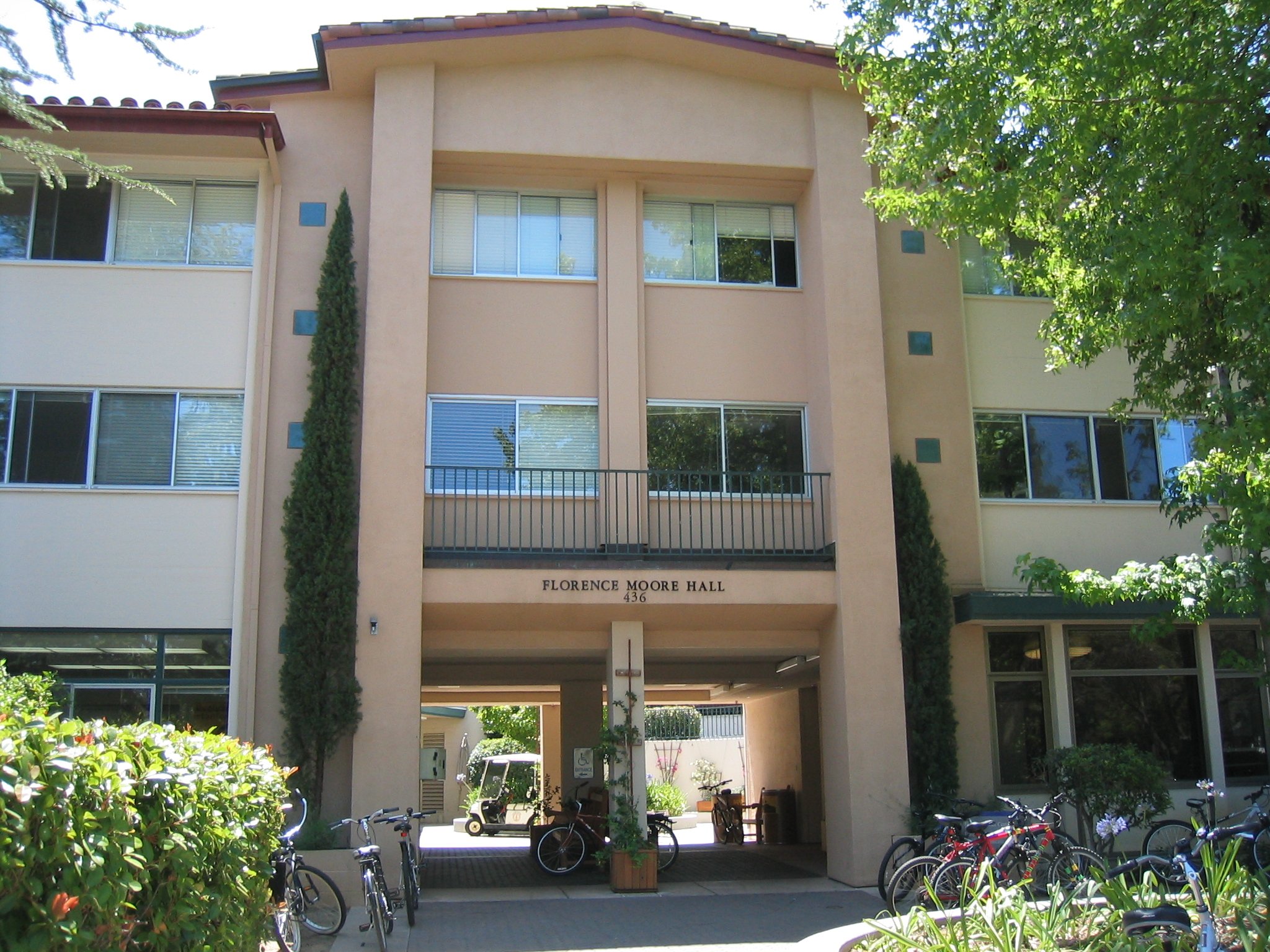In the past two months, Stanford has been victimized by a succession of antisemitic acts. On April 17, a Nazi swastika was found carved into the metal panel of a men’s restroom in the History Corner — the fourth time this odious symbol has been found in that location since Feb. 28. Some of these acts have also included the racist n-word and the letters “KKK.” On April 3, a mezuzah was torn away from the doorframe of an undergraduate residence and broken. And on March 10, a Jewish undergraduate student discovered a caricature of Adolf Hitler surrounded by swastikas on the whiteboard attached to his dorm room door.
According to the Protected Identity Harm Reporting (PIHR) website, there have now been six documented reports of antisemitic vandalism on our campus since the start of the academic year.
As faculty members at Stanford dedicated to creating an environment where all students can learn and thrive, we are deeply unsettled by the prevalence of antisemitism on campus and concerned about the well-being of our Jewish students.
Students targeted and harassed for their identity feel marginalized, distrustful and isolated from the campus community. We are disheartened that the victim of one recent antisemitic incident shared that his experience was “really making this living situation feel pretty hostile…” and that “it’s very unsettling thinking that [he] was in [his] room sleeping and someone was outside of [his] door doing this.” We cannot help but be concerned that this will irrevocably tar this student’s experience at our esteemed institution.
We believe that it is the responsibility of Stanford University — including ourselves as scholars and educators — to foster a campus climate where all students feel welcome and included, free from bigotry, intimidation and harassment. Thus, we call on our university’s leadership, and our fellow faculty, to double down on confronting antisemitism at Stanford and creating the supportive learning environment that our Jewish students deserve.
This will require a sustained effort to understand the scope of the problem, engage a broad array of stakeholders, and educate the campus community about the roots and consequences of one of the oldest and most widespread forms of hate. We stand ready to lend our academic expertise to this necessary task. In addition, many educational organizations, such as the Academic Engagement Network, in which we are members, and Hillel International, the Anti-Defamation League, the American Jewish Committee and others now have excellent resources, trainings, best practices and professional development opportunities and programs that we can utilize in our effort.
Our institution, to its credit, has a track record of confronting antisemitism. This past fall, a report was released detailing Stanford’s deliberate limitation of Jewish enrollment in the mid-twentieth century. President Tessier-Lavigne forthrightly apologized “to the Jewish community, and to our entire university community, both for the actions documented in this report to suppress the admission of Jewish students in the 1950s and for the university’s denials of those actions in the period that followed,” and stated that “these actions were wrong. They were damaging. And they were unacknowledged for too long.” We hope this courageous work of self-reflection and education will continue in the wake of these most recent incidents of vandalism and harassment.
In this spirit, we are proud to endorse the words of Stanford Hillel’s Rabbi Jessica Kirschner, as she exhorts: “Let us ensure that our campus is united by its own founding and current mottos: a place dedicated to truth and service, where the winds of freedom blow for all who are part of this ever-flourishing community.”
Professor Danit Ariel
Professor David Cornfield
Professor Larry Diamond
Professor Jeffrey Glenn
Professor Judith Goldstein
Professor Roger Kornberg
Professor Jonathan Levav
Professor Ronald Levy
Professor Richard Popp
Professor Jeffrey Ullman
Professor Sam Wineburg
Professor Adam de la Zarda
Several of the authors are Stanford faculty who are members of the Academic Engagement Network, an educational nonprofit organization that works with nearly 900 faculty members on 300 campuses to counter antisemitism and the denigration of Jewish-Zionist identity while upholding academic freedom and freedom of expression.
